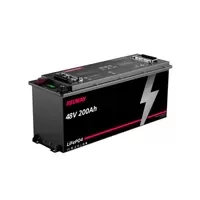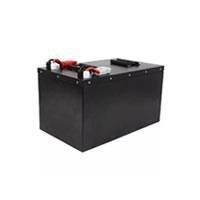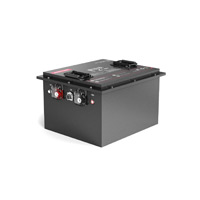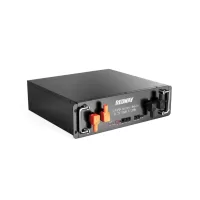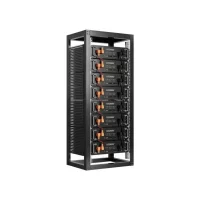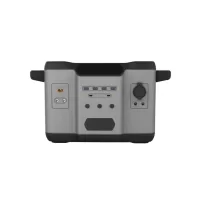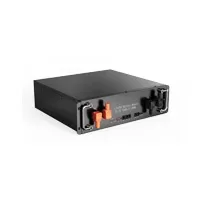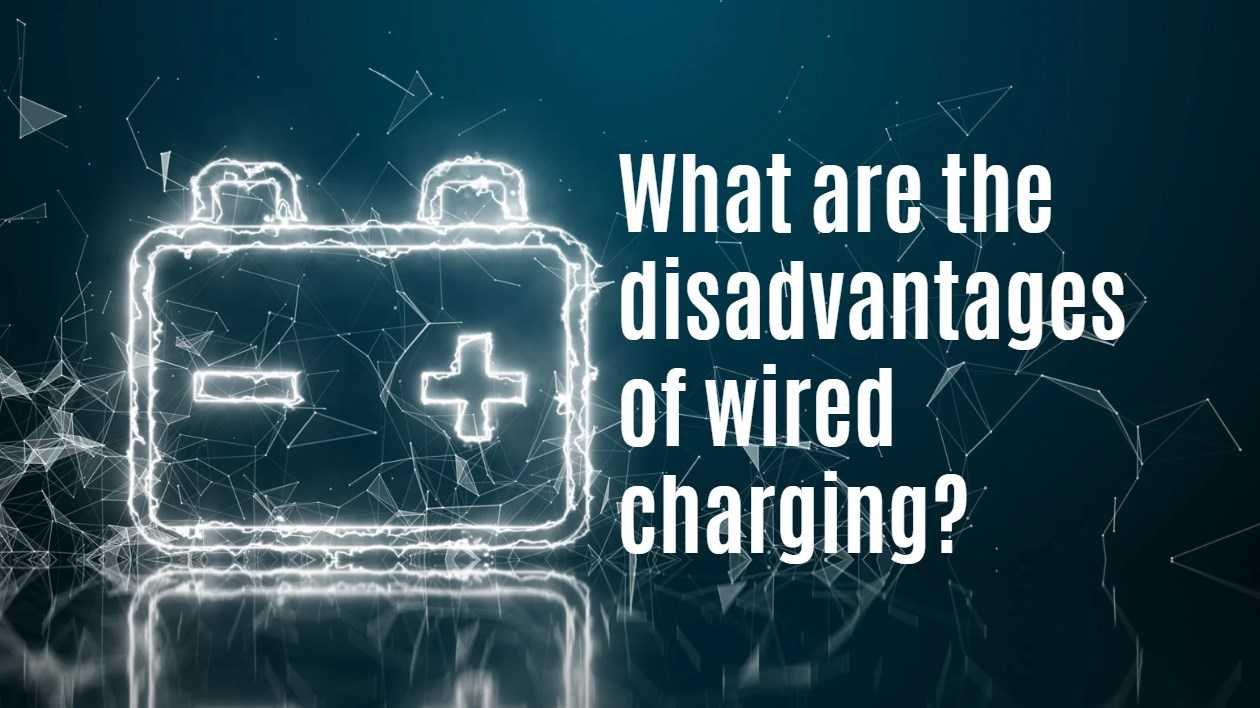
Wired charging, while reliable, has drawbacks such as tangled cords, limited mobility, environmental impact, and safety concerns. In comparison, wireless charging offers convenience but lacks speed and range. Alternatives like fast charging, solar chargers, and portable battery packs provide alternatives to address these issues.
Definition of wired charging
Wired charging, also called traditional charging, uses a cable to connect devices to power sources. Commonly done through USB cables, it’s reliable but limits mobility and contributes to electronic waste. Despite drawbacks like tangled cords and environmental impact, it’s a widely used method. However, advancements like wireless charging offer alternatives for convenience and sustainability.
Wired charging, also known as traditional charging, is a method used to charge electronic devices by connecting them to power sources using cables. While it’s been around for a long time and is reliable, there are both advantages and disadvantages to consider.
- Reliability: Wired charging involves physically connecting your device to a power source using a cable, ensuring a stable and consistent flow of electricity to charge your device’s battery.
- Mobility Limitation: One drawback of wired charging is that it requires users to stay close to an outlet while their devices are charging, limiting their mobility and freedom to move around.
- Environmental Impact: The production and disposal of wired charging cables contribute to electronic waste, posing environmental concerns. Additionally, constantly plugging and unplugging devices can lead to wear-and-tear on both ends and increased electricity consumption.
In conclusion, while wired charging offers reliability, it comes with limitations and environmental impacts. As technology evolves, alternatives like wireless charging are being explored to address these issues and provide more convenience and sustainability in charging methods.
Comparison with wireless charging
Wireless charging offers convenience by eliminating cables, but wired charging is faster and more efficient. Wired chargers provide quicker charging times, whereas wireless chargers have limited range and availability. While wireless charging is convenient, wired charging remains superior in terms of speed and reliability for those who prioritize efficiency.
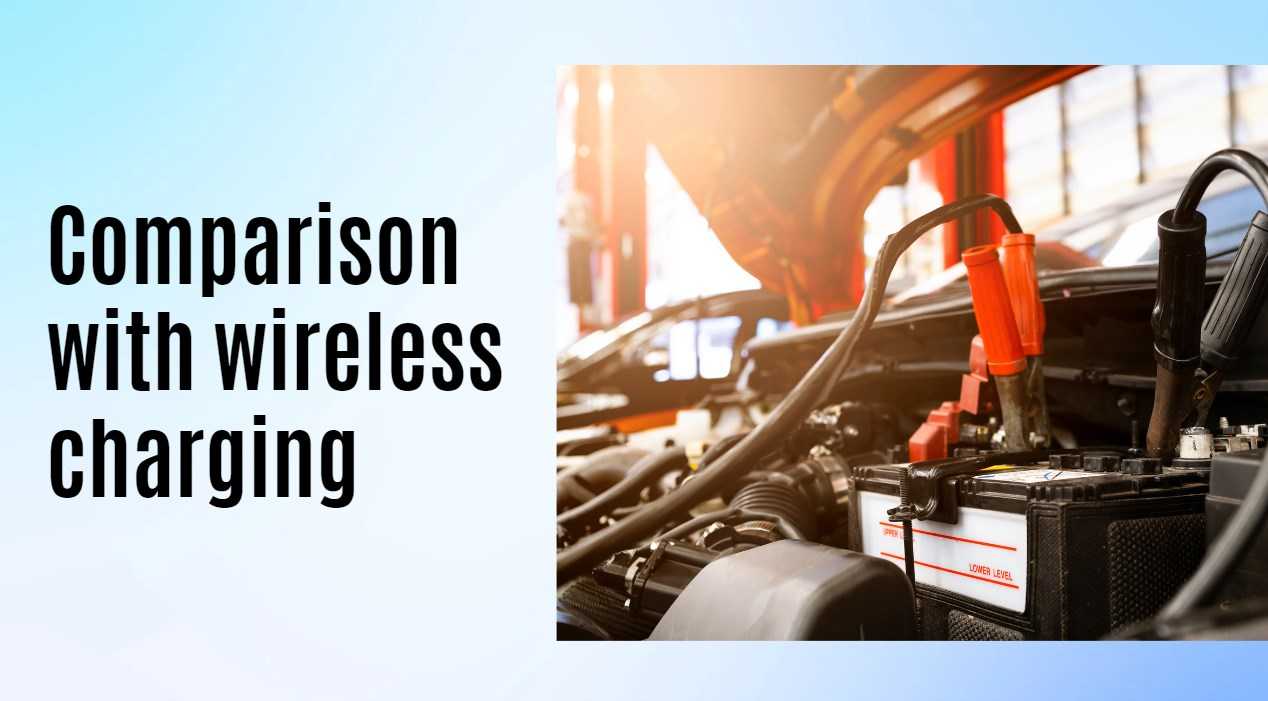
In today’s tech world, wireless charging has gained traction for its convenience, but how does it stack up against traditional wired charging?
- Wireless Convenience: Wireless charging allows you to power up your device by placing it on a charging pad, eliminating cable clutter and the hassle of finding outlets.
- Wired Speed and Efficiency: Wired charging still reigns supreme in terms of speed and efficiency. It delivers faster charging times, ideal for those needing a quick power boost.
- Range Limitations: Unlike wired chargers, wireless ones have limited range, requiring your device to stay close to the charger for effective charging.
While wireless charging offers simplicity, wired charging wins in terms of speed and reliability, catering to those prioritizing efficiency.
Pros and cons of wired charging
Wired charging, also called traditional charging, is fast and reliable, ensuring a stable connection for efficient power-up. However, it limits mobility and may pose safety risks with counterfeit chargers. Additionally, it contributes to electronic waste and requires cords, making it less convenient than wireless options.
Wired charging, also known as traditional charging, has its advantages and disadvantages. Let’s explore them in simple terms:
- Advantages:
- Fast and Reliable: Wired charging is quick and ensures a stable connection for efficient charging.
- Safe: It reduces the risk of overheating or fires, especially with high-quality chargers.
- Widespread Use: Many devices still rely on wired charging due to its effectiveness.
- Disadvantages:
- Limits Mobility: You need to stay close to the charging outlet or carry cables, restricting movement.
- Environmental Impact: Wired chargers contribute to electronic waste and rely on non-renewable energy sources.
- Safety Concerns: Low-quality chargers may pose risks of electrical hazards if not used correctly.
While wired charging offers reliability and speed, it comes with limitations and environmental implications. As technology evolves, wireless charging is becoming more popular for its convenience and freedom from cords.
Impact on the environment wired charging for our electronic devices
Wired charging contributes to electronic waste and relies on energy from non-renewable sources, worsening climate change. Manufacturing chargers involves extracting raw materials, causing ecosystem harm. Improper disposal releases toxins into soil and water. Transitioning to wireless charging and eco-friendly practices can help reduce these environmental impacts.
Wired charging for electronic devices impacts the environment in various ways. Let’s explore how it contributes to electronic waste, reliance on non-renewable energy, and environmental pollution.
- Electronic Waste: Wired chargers add to electronic waste when discarded, harming the environment.
- Energy Consumption: They rely on non-renewable energy sources like coal, increasing greenhouse gas emissions.
- Pollution: Improper disposal releases toxins, polluting soil and water, affecting ecosystems.
By transitioning to eco-friendly practices and alternatives like wireless charging, we can reduce these environmental impacts for a greener future.
Safety concerns
Safety is vital with wired charging. Risks include electrical shock, fire from faulty chargers or damaged cables, and overheating. Tangled cords pose tripping hazards. Regularly check cables for damage and avoid leaving devices unattended while charging to prevent accidents. While safety features improve, caution is key for a secure charging experience.
Wired charging offers convenience but also comes with safety concerns. Understanding these risks is crucial to ensure a secure charging experience.
- Electrical Shock and Fire: Faulty chargers or damaged cables can lead to electrical shock or fire hazards. Regularly inspect chargers and cables for signs of wear and tear to prevent accidents.
- Overheating: Extended charging periods can cause devices to overheat, posing a risk of damage or fire. Avoid charging devices overnight or leaving them unattended to minimize this risk.
- Tripping Hazards: Tangled cables can create tripping hazards at home or in public places. Be mindful of loose cords on the floor to prevent accidents and injuries.
It’s essential to prioritize safety when using wired chargers to mitigate potential risks and ensure a safe charging environment for everyone.
Limitations in convenience and portability
Wired charging has limitations in convenience and portability. Unlike wireless charging, it requires physical connection with a cable. This can be inconvenient, especially for travelers, as you need to carry chargers and cables. Additionally, different connectors for devices and cable wear and tear pose challenges. Despite fast charging, improvements are needed for easier on-the-go charging.
Wired charging, though widely used, has limitations when it comes to convenience and portability. Let’s explore why it may not always be the most convenient option for charging your devices.
- Physical Connection Required: Wired charging needs a cable to connect your device to the charger, unlike wireless charging where you just place it on a pad.
- Inconvenient for Travel: Carrying chargers and cables can be burdensome, especially when traveling or on-the-go.
- Compatibility Issues: Different devices may require different connectors, making it necessary to carry multiple chargers or adapters.
Despite its advantages, like faster charging, these limitations make wired charging less convenient for users, especially those who are frequently moving or traveling.

Alternatives to wired charging
Looking for alternatives to wired charging? Wireless charging lets you power up your devices by simply placing them on a charging pad. Fast-charging technology speeds up charging time, while solar-powered chargers harness sunlight for eco-friendly charging. Portable battery packs offer on-the-go power. Choose what suits your needs best!
Let’s talk about different ways to charge your devices that are easier and more eco-friendly than traditional wired charging.
- Wireless Charging:
- You just need to place your device on a charging pad or dock, and it charges without any cords.
- It’s convenient because you don’t have to deal with tangled cables, making it easier to charge your devices.
- It’s fast and efficient, so you can power up your devices quickly.
- Fast-Charging Technology:
- This method charges your devices much faster than regular wired chargers.
- It’s great when you’re in a hurry and need your device to charge quickly.
- It’s a convenient option that doesn’t compromise on charging speed.
- Solar-Powered Chargers:
- These chargers use sunlight to charge your devices, making them eco-friendly.
- They reduce the need for electrical outlets, which helps the environment.
- They’re portable, so you can charge your devices anywhere there’s sunlight.
- Portable Battery Packs:
- These packs store extra power for charging your devices on the go.
- They’re perfect for people who are always moving around and need a reliable way to charge their devices.
- They offer flexibility and convenience, allowing you to charge your devices anytime, anywhere.
Exploring these alternatives to wired charging can help you find the best way to charge your devices that fits your lifestyle and helps protect the environment.





